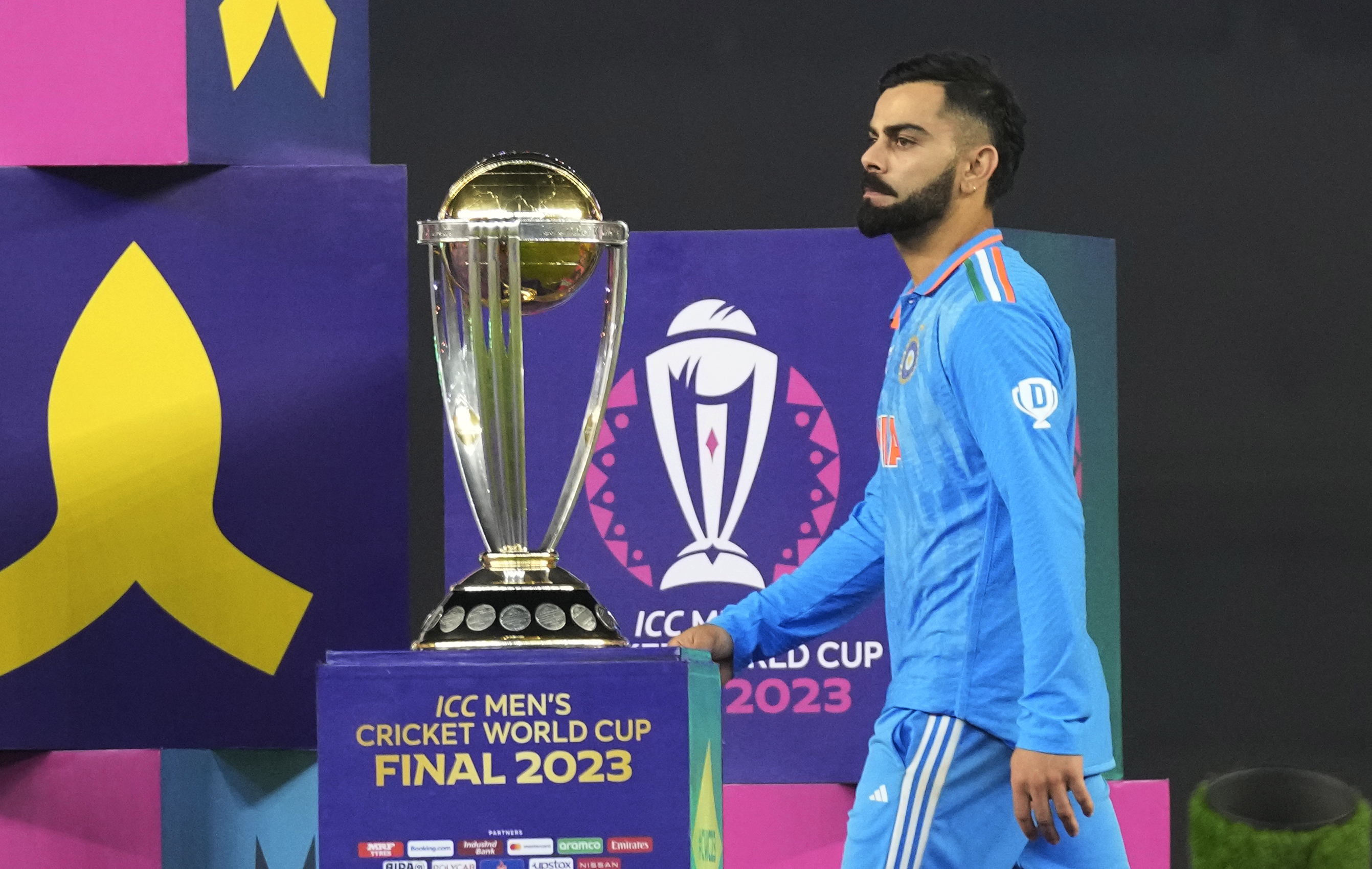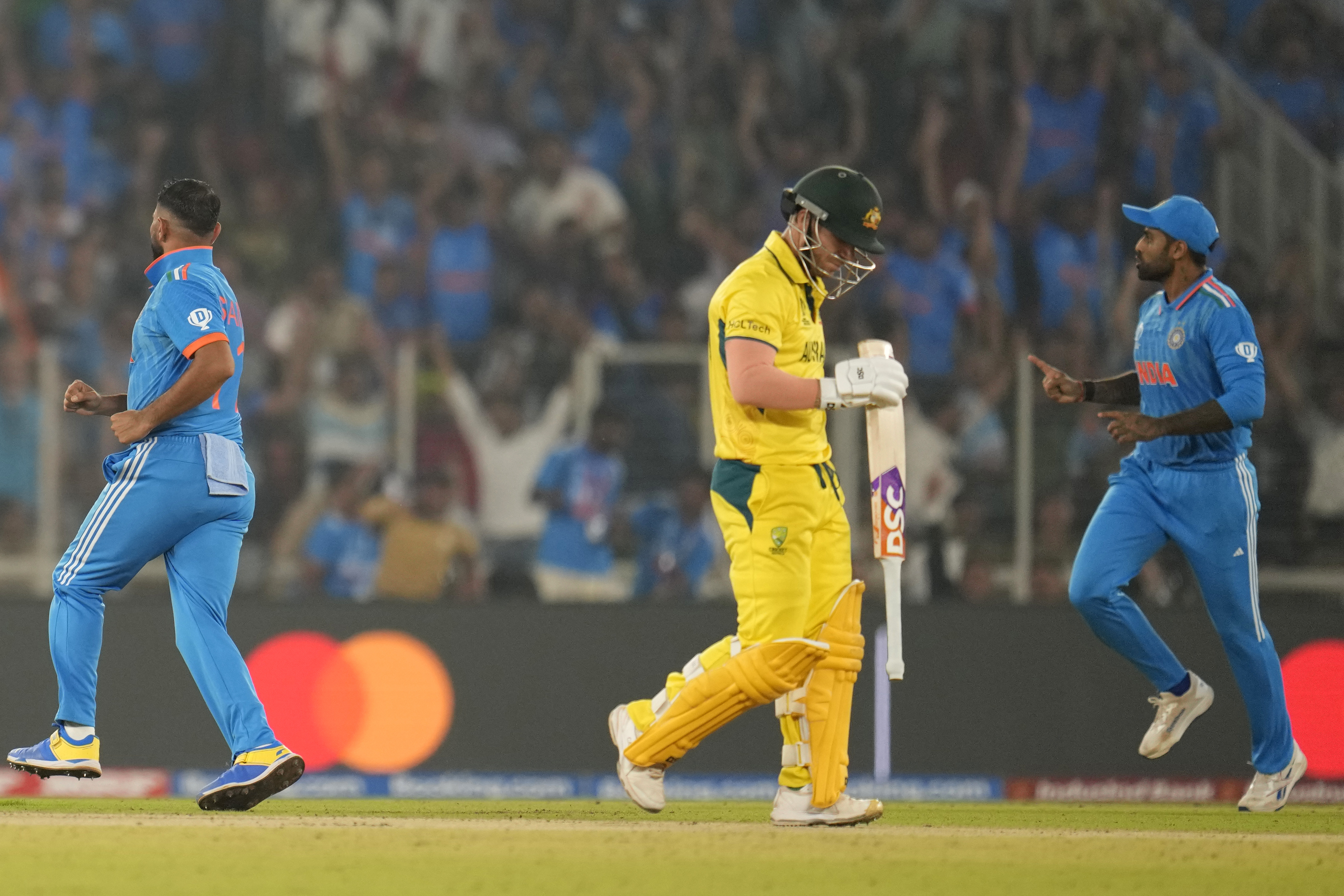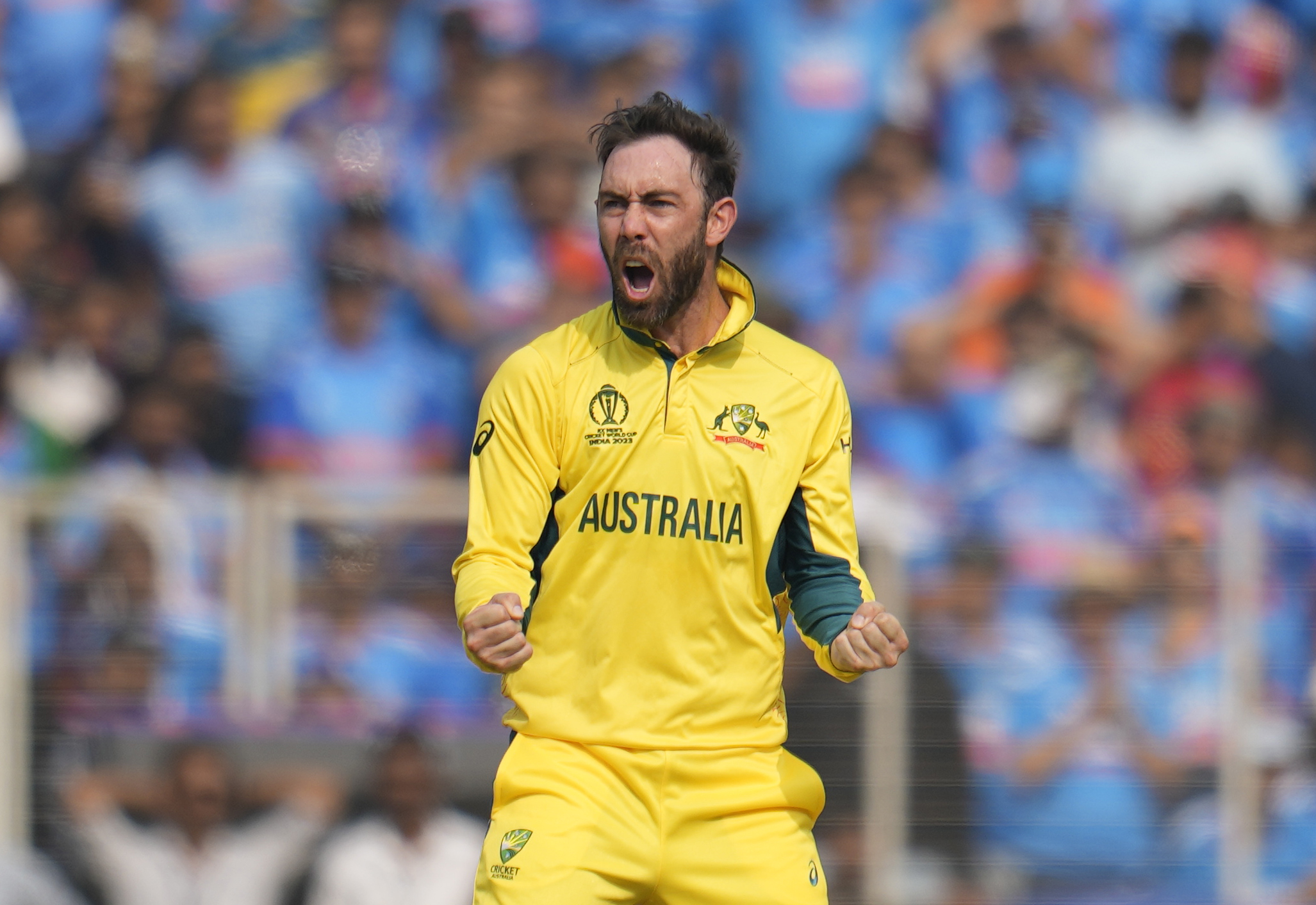CRICKET
Australia handle pressure as India come up short – Cricket World Cup uncovered


After seven weeks and 48 games, the 2023 Cricket World Cup is at an end with Australia crowned champions for the sixth time.
Here, the PA news agency looks back at the tournament and the future of the 50-over game.
Did we get a worthy winner?
An error occurred while retrieving the Tweet. It might have been deleted.
Over the course of the competition it would be hard to argue against India’s claim to being the best side on show. They were an outstanding unit for 10 straight games leading up to the final, covering seemingly every base. But knockout sport is all about the ability to stand tall when the pressure is on and the stakes are high – something Australia do better than any other team around. With a trophy on the line, they showed the killer instinct. 
What went wrong for India?

On a purely sporting level, they met an opponent who turned out better on the day. Beyond that, there must surely be some regret about playing the final on a worn out surface that dragged down the scoring rate and left them scrambling for a competitive total after losing the toss. After the Board of Control for Cricket in India changed the pitch for their semi-final against New Zealand against the wishes of ICC’s independent pitch consultant, there was some suggestion that the tired track was put forward with an eye to aiding the home side’s spinners. True or false, it now looks obvious that a fresh pitch would have been a truer spectacle and a better fit for the hosts. 
What will England take away from their trip?

A whole bunch of regrets and, perhaps, a few lessons. The reigning champions of 2019 arrived among the favourites but saw their defence go down with a whimper after six defeats from their first seven games. Director of cricket Rob Key admitted that his own emphasis on Test cricket had left the ODI group under-prepared but the clearest problem was the fact that so many of the side were older, creakier versions of their former selves. The team got old together and the renewal process was almost non-existent. A fresh start is already on the way but there are red flags ahead of next year’s T20 World Cup too. 
What does the future hold for ODI cricket?

Against an unstoppable tide of T20, there was a significant drop in the number of one-day internationals over the last four-year cycle. With new competitions cropping up all the time and the Indian Premier League continuing to spread in influence, it is hard to see that changing. Crowd attendances and viewing figures picked up considerably at the business end but struggles on both fronts led to some genuine questions about the format’s long-term survival. It is likely to be up for debate at the forthcoming ICC board meeting but anything dramatic at this point seems a long shot given the number of broadcast deals and staging agreements already in place. Keeping the product strong may be easier said than done, though, with a host of veteran stars exiting the stage and less prestige attached to 50-over cricket among the next generation.
What will the next World Cup look like?
The following edition has already been allocated to South Africa, Zimbabwe and Namibia and will take a different shape to the last two versions. It will be a relief to wave goodbye to the current structure, which allows only 10 teams to qualify and includes an inordinately elongated round-robin group stage. The stage will be opened up to 14 sides next time around, allowing for a more varied field, fresher match-ups and more underdog stories. But administrators remain bizarrely resistant to allowing a quarter-final stage – instead preferring the flabbier ‘super six’ phase. Two gripping semi-finals of entirely different styles, allied to the surprise result in the showpiece, should be enough to persuade decision-makers to push for more knockout matches. 
What are the lingering memories of this year’s event?

On an individual level, Australia’s Glenn Maxwell inked his name into the sport’s folklore with his almost inconceivable 201 not out against Afghanistan. Having survived a hat-trick ball by luck more than judgement he rescued a lost cause with one of the most audacious innings ever seen – a feat made all the more remarkable by the fact he was operating on one leg and was at one point laid out by full body cramp. Among bowlers, Mohammed Shami produced a World Cup record by scooping seven for 57 in the semi-final against New Zealand. On a wider context, Afghanistan had a solitary World Cup victory over three tournaments but added three more – including a jaw-dropping upset of England and an emotionally charged triumph over socio-political rivals Pakistan. In a sport that often seems to have a rigid hierarchy, it was a joyous example of disruption.
